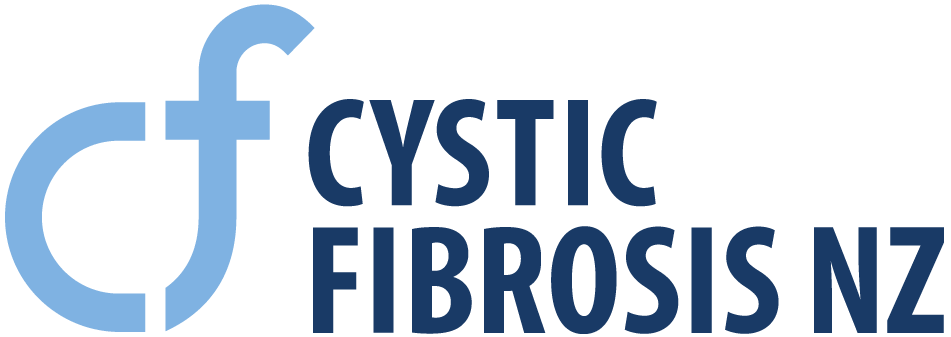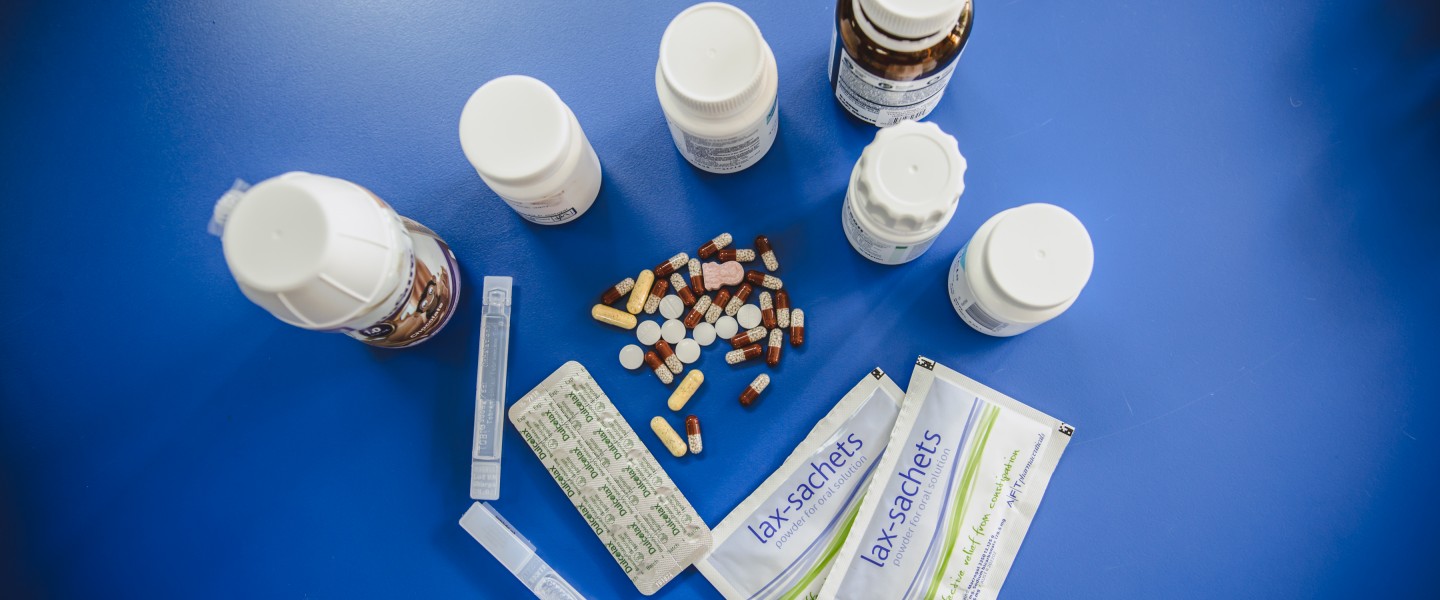Advocacy timeline
Our advocacy timeline summarises our fight for fairer access to life-changing medicines for people with cystic fibrosis. Use the following colour code to find updates on the treatment you're interested in or view the actions we've taken to promote access to all medicines.

